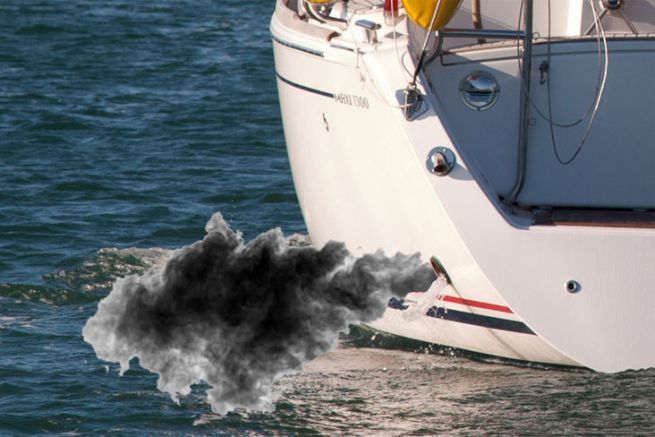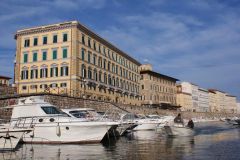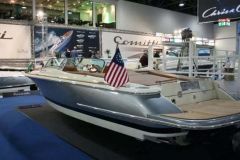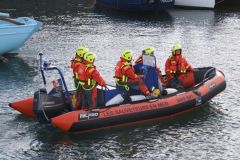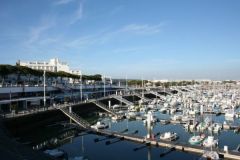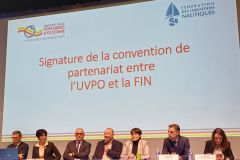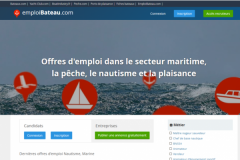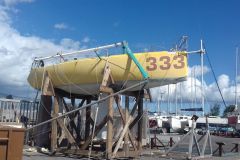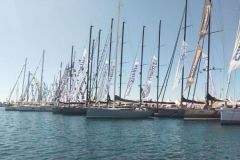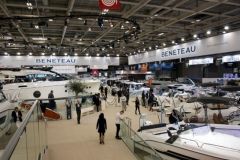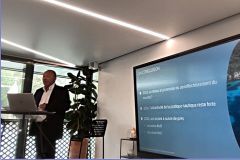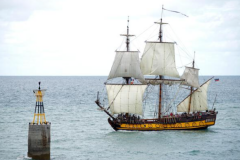Audit in progress on the European directive on recreational craft
In application since 2016, the European directive 2013/53/EU or Pleasure Craft Directive concerns all pleasure craft placed on the market in the European Union. A clause included as soon as it was published provided for the re-examination of the requirements concerning 3 specific areas: exhaust emissions, evaporative emissions from fuel systems and design categories. 3 companies, Panteia and TNO in the Netherlands and Emisia in Greece, were commissioned for a period of 10 months to carry out an audit on the subject. "At the same time, the Commission has launched an investigation and integrated the issue of greenhouse gases in accordance with the European Green Deal," says Sébastien Milcendeau, in charge of regulatory issues at the Fédération des Industries Nautiques (FIN) in France. The Green Deal sets a global objective of carbon neutrality by 2050 and a 55% reduction by 2030 compared to 1990 levels.
The conclusions of the various surveys and suggestions for amendments will have to be completed by January 2022 in order to start the European legislative process and arrive at a text in 2023.
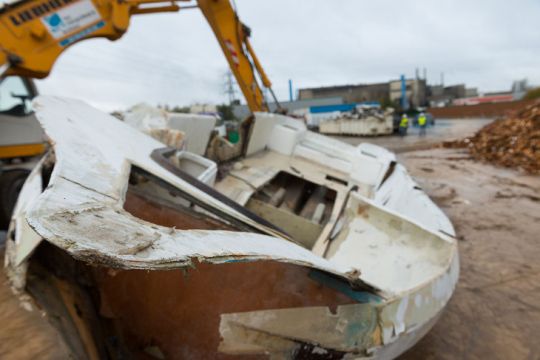
Environmental thinking that goes beyond the European agenda
Like all the members of the European Boating Industry trade union, FIN is invited to contribute. Before making suggestions, Sébastien Milcendeau believes that the method is essential to obtain solid results, an approach that has already been started. "We have already started working on the method. This includes work on life cycle analyses (LCA), which we had already scheduled for the first half of 2021. In the end, this is part of the battle plan that we started with Extended Producer Responsibility (EPR) (Editor's note: process of setting up the deconstruction industry with APER and eco-participation for the recycling of pleasure boats). The next step is logically eco-construction. The results of the LCAs will enable us to see the essential points on which to focus our efforts" concludes the FIN expert.

